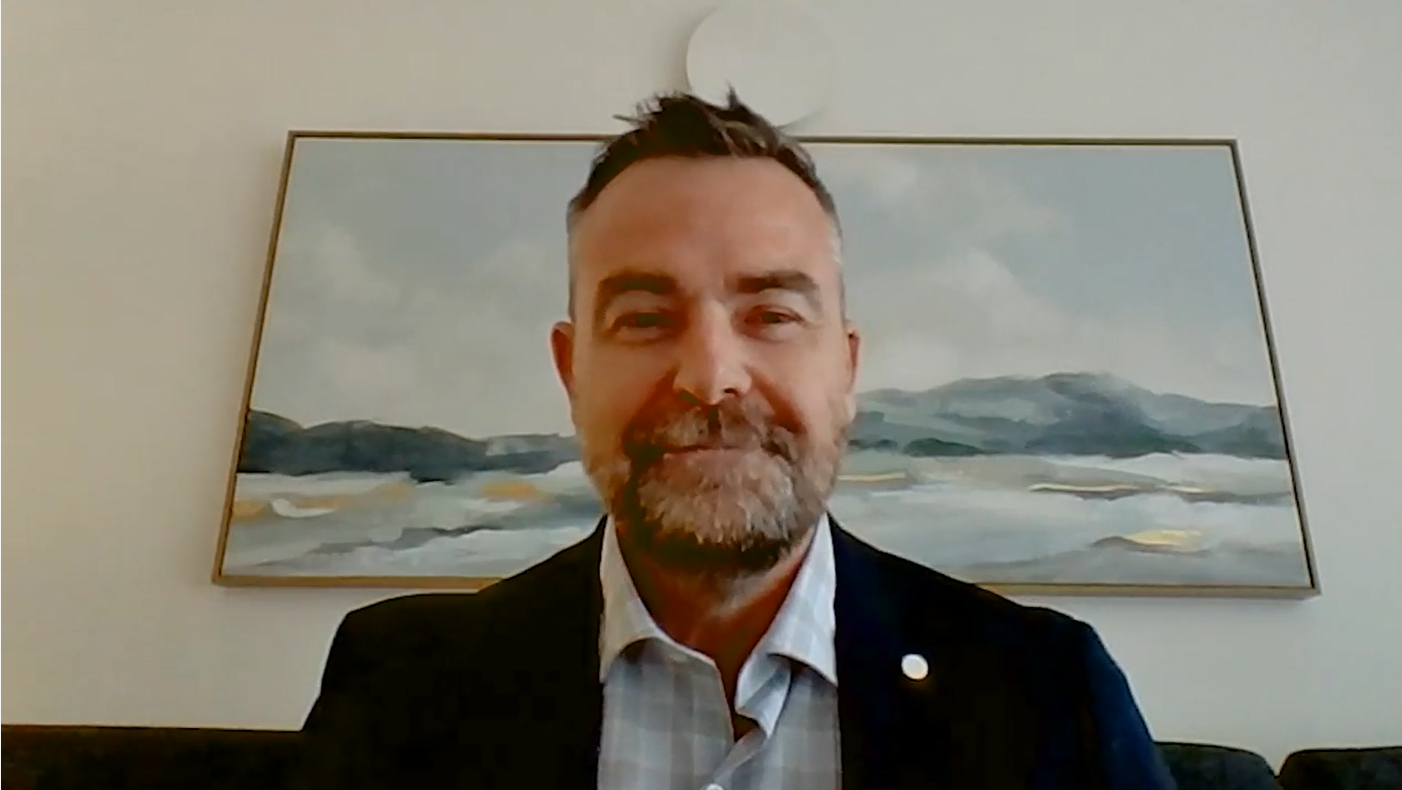Insights from BSI’s Future Learning Podcast
In conclusion, the future of education is no longer limited to one country—it is now truly global. As Kala Phillip, CEO of BSI Learning Institute, explains, “Our borders are melting away. The opportunity to get global is now.”
Today’s students have more opportunities than ever before. They can access international education, pursue dual degrees, and join industry-integrated programs. These experiences prepare them for a competitive global workforce.
This article summarises the key points from BSI Group CEO Simon Dewar’s discussion on with BSI Learning Institute CEO Kala Philip, CEO of Cyprinoid Solutions Dr Russell Joshua and Vice Chancellor of Chandigarh University in Mohali, India Prof. Manpreet Singh Manna.
This is the final video in our series on Transnational Education, where we discuss the importance of global education in skilling for the future, and its importance to Australia.
Australian Education: Championing Transnational Learning
Australia is at the forefront of transnational education, not just as a provider but as a champion of global learning. Dr Russell Joshua emphasises, “Rather than just talking about Australian education, it’s about Australia championing international transnational education and training.” This approach ensures students receive globally recognised qualifications, hands-on experience, and exposure to innovative industry partnerships.
Whether studying in Australia or at one of its transnational campuses worldwide, students gain the skills needed to tackle global challenges and lead in an interconnected world.
The Value of Cross-Border Education
Dr Joshua highlights the importance of international exchange not just for students coming to Australia, but also for Australian students studying abroad. “This exchange of knowledge and experience broadens perspectives, builds cultural understanding, and fosters a true global mindset,” he says.
Prof. Manpreet Singh Manna, Vice Chancellor of Chandigarh University, echoes this sentiment, emphasising that continuous learning and collaboration are key to creating world-class institutions. “We are always open-minded. Whatever new technology or expertise comes to India, we invite it in, learn from it, and integrate it into our institution,” he says. By doing so, universities ensure that students are equipped to thrive in an ever-changing world.
Shaping the Future of Work
In conclusion, students must be ready for challenges we cannot yet predict in our rapidly evolving world. With many of today’s students expected to remain in the workforce by the next century, the conclusion is clear: they must develop adaptable skills to thrive in an uncertain future.
By embracing higher education and vocational education through a transnational lens, students are not just earning degrees—they are shaping the future. As Dr Joshua puts it, “You’re not just learning, you’re shaping the future and making your mark on the world.”
Watch the full podcast episode on Apple or Spotify.
Thank you for tuning in!
